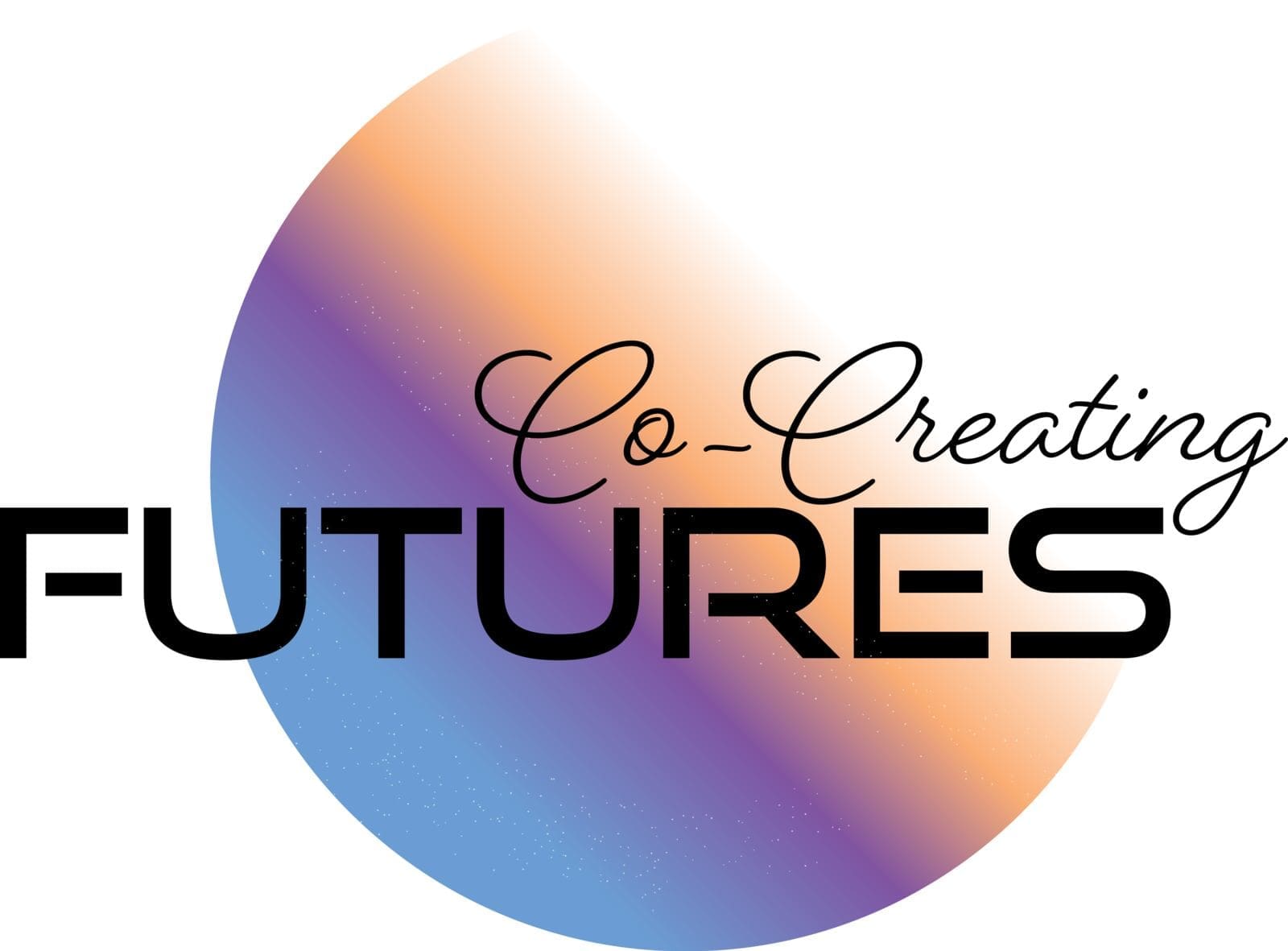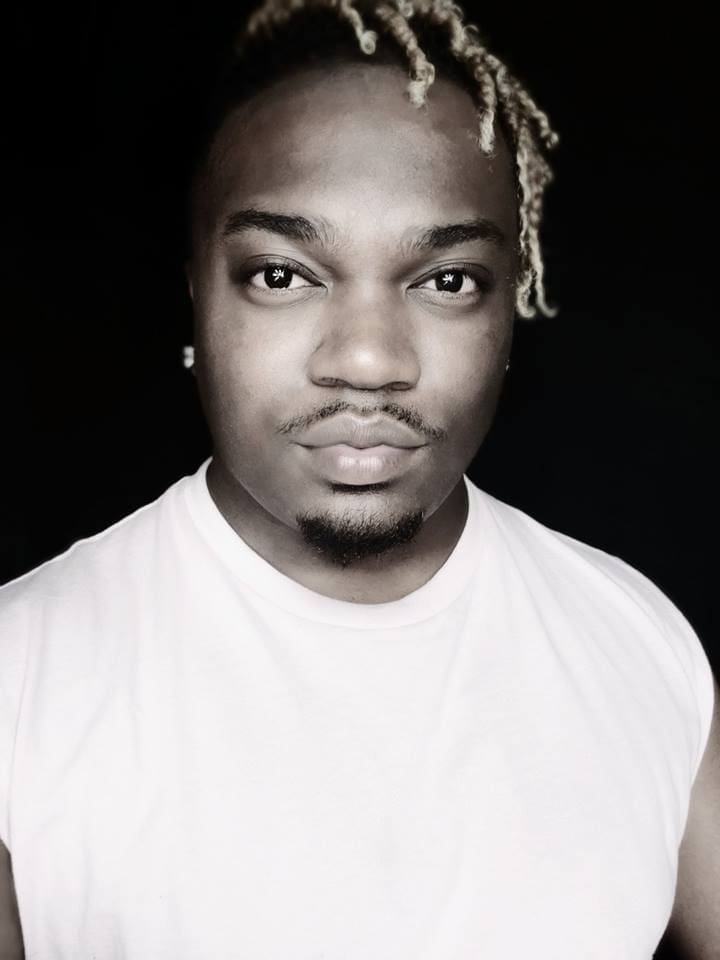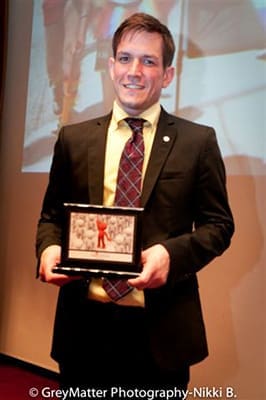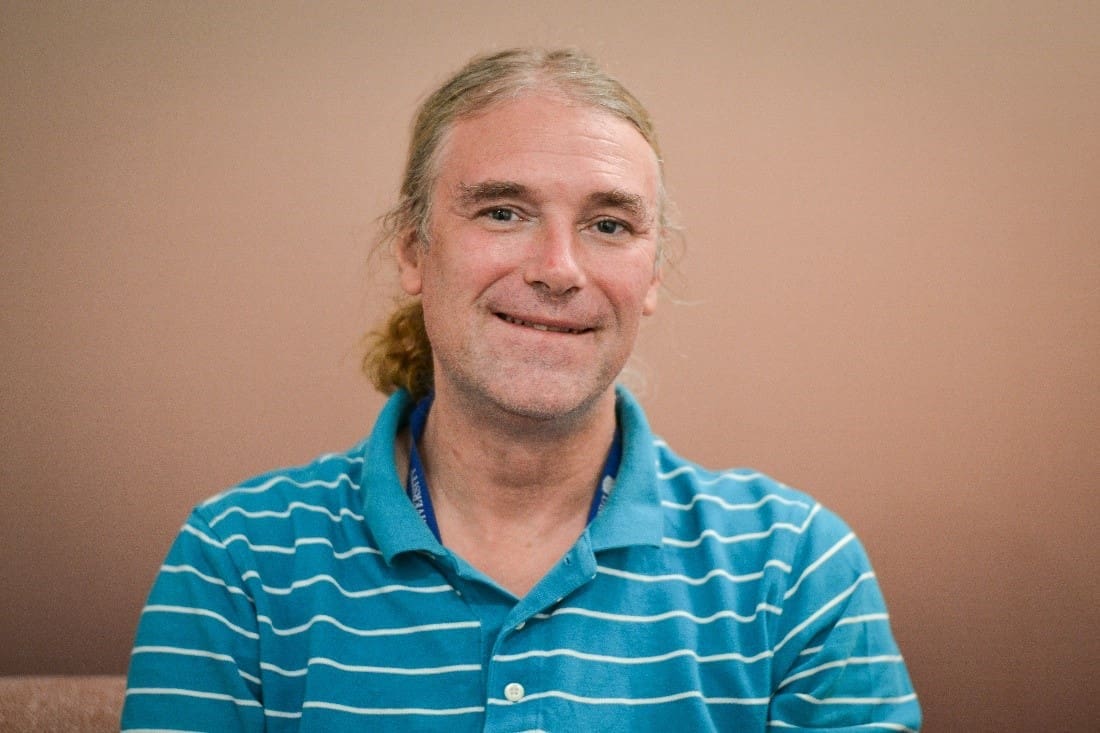By Indigo Quashie
 Between July and September of 2021, Pride Action Tank (PAT), through the support of AIDS Foundation Chicago (AFC), hosted three monthly events geared towards bringing together BIPOC (Black, Indigenous, and People of Color) and LGBTQ+ leaders to work collaboratively to discuss the ways community members can be involved in public policy work. This series of events was titled, Co-Creating Futures: A BIPOC LGBTQ+ Policy & Practices Summit. PAT is a policy and action think-tank within AFC that focuses on improving the experiences and futures of members of LGBTQ+ communities in the Midwest. Launched in October 2015, PAT’s work focuses on six overlapping issue areas: aging, financial security, health, housing, safety, and youth.
Between July and September of 2021, Pride Action Tank (PAT), through the support of AIDS Foundation Chicago (AFC), hosted three monthly events geared towards bringing together BIPOC (Black, Indigenous, and People of Color) and LGBTQ+ leaders to work collaboratively to discuss the ways community members can be involved in public policy work. This series of events was titled, Co-Creating Futures: A BIPOC LGBTQ+ Policy & Practices Summit. PAT is a policy and action think-tank within AFC that focuses on improving the experiences and futures of members of LGBTQ+ communities in the Midwest. Launched in October 2015, PAT’s work focuses on six overlapping issue areas: aging, financial security, health, housing, safety, and youth.
The Co-Creating Futures summit was created to discuss policy and advocacy work, which can be mentally and emotionally exhausting for BIPOC and LGBTQ+ communities, so it was necessary to kick-off the program with a question about their hope for the future: What does co-creating a future look like to you? Participants were asked to keep in mind what they defined to be a healthy, safe, and liberated future when considering their answer to the above question. For Pride Action Tank to hold space for BIPOC and LGBTQ+ individuals to be optimistic, to dream about their communities’ futures, was a healing act. In this report, PAT breaks down both the in-depth discussions and the takeaways over each day of the summit.
The overall goals of the summit were to:
-
Cultivate spaces to dream new futures, led by voices of the most marginalized within BIPOC LGBTQ+ communities.
-
Coalesce around the shared goal of dismantling white supremacy while honoring our varied histories of oppression.
-
Develop accountability practices to help ensure progress toward the new futures we are dreaming.
The first day of the summit series was hosted solely for people with BIPOC and LGBTQ+ identities, with a goal to create space for them to openly ground and express their personal experiences. The session began with a roundtable including panelists Shane Calvin, a Restorative Justice practitioner, Chef Fresh, the founder of Fresher Together LLC, and Lourdes Torres, Professor of Latin American and Latino Studies and Critical Ethnic Studies at DePaul University. They, along with participants, explored the core question that kicked off the day, stated above.
“A queer future in color to me looks like a community-centered, human-centered, BIPOC & LGBTQ+-led, and decolonized world in which all people and identities have space to thrive and dream,” answered a participant on Day 1.
Co-Creating Futures is an important project because BIPOC and LGBTQ+ community members are often left out of important policy-related conversations, meanwhile, their first-hand experiences and issues provide the necessary insight to create lasting and impactful change.
PAT led by example by inviting 14 BIPOC LGBTQ+ individuals to their planning committee for the summit. With members from E3 Radio, NAACP, YEPP, Center on Halsted, Phoenix Center, and many others, the goal in building this committee was to ensure that its members reflected the participants’ communities, and to have different representatives from across the state rather than picking from specific organizations.
“The generative theorizing, organizing, and cultural creations of BIPOC LGBTQ+ people can be a source of tremendous inspiration as we work toward more equitable futures, and everyone benefits when we center the most marginalized in our community. Joy is part of what PAT is accessing – the joy of knowing we deserve better and, as a community of communities, we can get there.” – Co-Creating Futures Report
The 2021 summit report ends with Pride Action Tank’s next steps on how they intend to continue working with and in support of BIPOC and LGBTQ+ communities, as well as guidance to policymakers, researchers, and organizations that come across the report in the future. It also includes the notes gathered from each day of the summit, evaluation survey responses, and conversations between leaders and their community members.
To read the full report, visit Pride Action Tank’s website, or download the file by clicking here.



